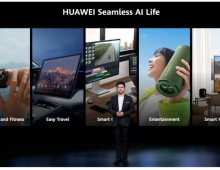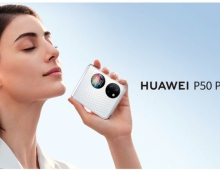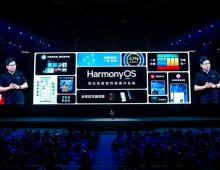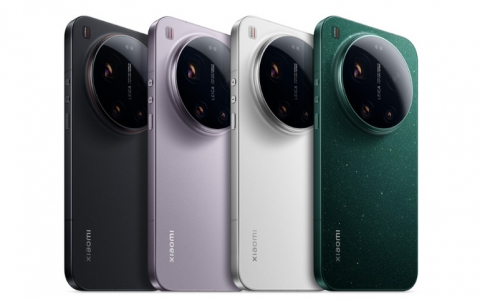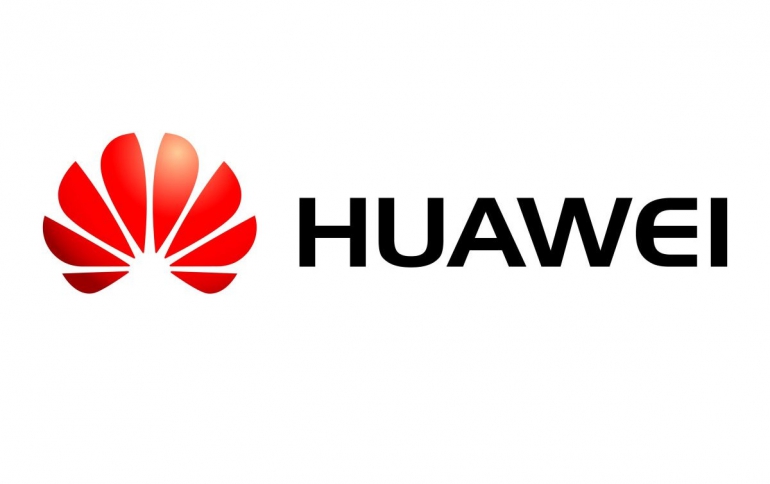
Huawei Says Upcoming Mate 30 5G Smartphone May Not Support Android Apps
Huawei Technologies will launch new high-end smartphones in Europe even though it may not be able to offer Google’s official Android operating system and widely used apps such as Google Maps.
The world’s No. 2 smartphone maker is set to unveil its new Mate 30 line of phones on Sept. 18 in Munich, though it is not clear when the devices would go on sale.
The Mate 30, made to work on new 5G mobile networks, is Huawei’s first major flagship smartphone launch since U.S. President Donald Trump’s administration effectively blacklisted the company in mid-May.
A Google spokesman told Reuters the Mate 30 cannot be sold with the licensed version of Android and associated Google apps and services due to the U.S. ban on sales to Huawei. A temporary reprieve that the U.S. government announced last week does not apply to new products such as the Mate 30.
Google would not say whether it had applied for a license for Android and the package of apps and services known as Google Mobile Services, though it has said in the past that it wants to continue supplying Huawei.
“Huawei will continue to use the Android OS and ecosystem if the U.S. government allows us to do so,” Huawei spokesman Joe Kelly told Reuters. “Otherwise, we will continue to develop our own operating system and ecosystem.”
Huawei can likely use an open-source version of Android without falling foul of the U.S. ban on sales to them. But Google’s apps can only be used under a paid license.
However, without Google Services, sales of the new device will probably be low.
Huawei earlier this month announced its own mobile operating system, dubbed Harmony.
The brains of the Mate 30 line, the Kirin 990 chipset, will be formally unveiled on Sept. 6 by Richard Yu, Huawei’s top consumer executive, when he gives the opening keynote address at the IFA consumer tech fair in Berlin.
The Kirin 990 was developed by HiSilicon, Huawei’s chips unit. The chip uses architecture licensed by ARM, which severed relations with Huawei after the U.S. ban because its designs contain technology of U.S. origin.
Huawei last week said it has perpetual ownership of the ARMv8 license and chips based on it, including the Kirin 990, would not be affected by the ban.
ARM said that “it continues to remain compliant with the latest U.S. Commerce Department restrictions and we are adhering to the guidelines related to the specific types of conversations permitted, technical or otherwise.”



